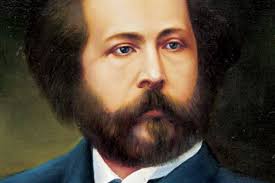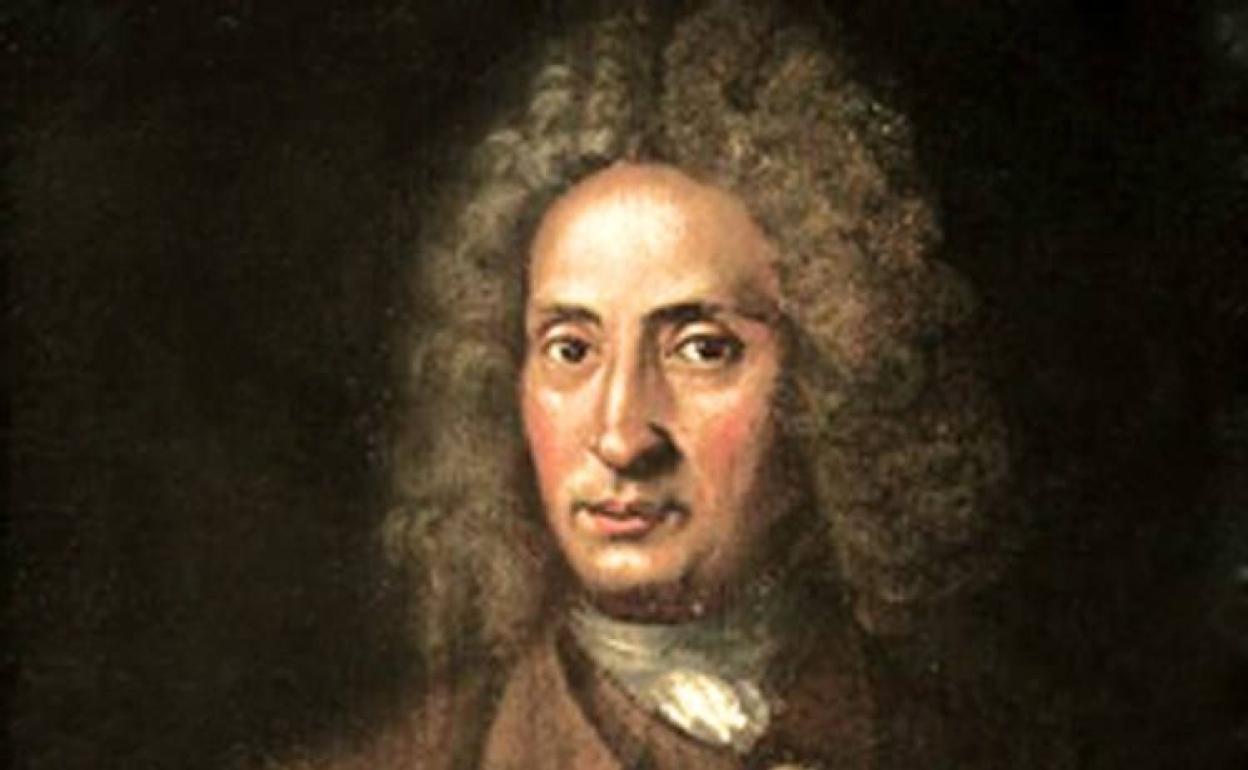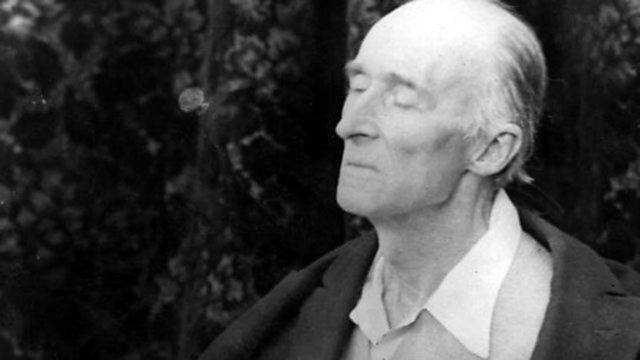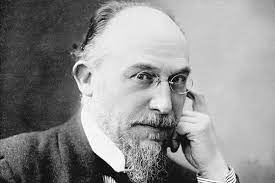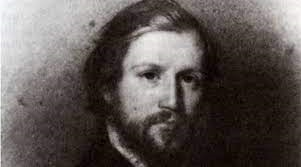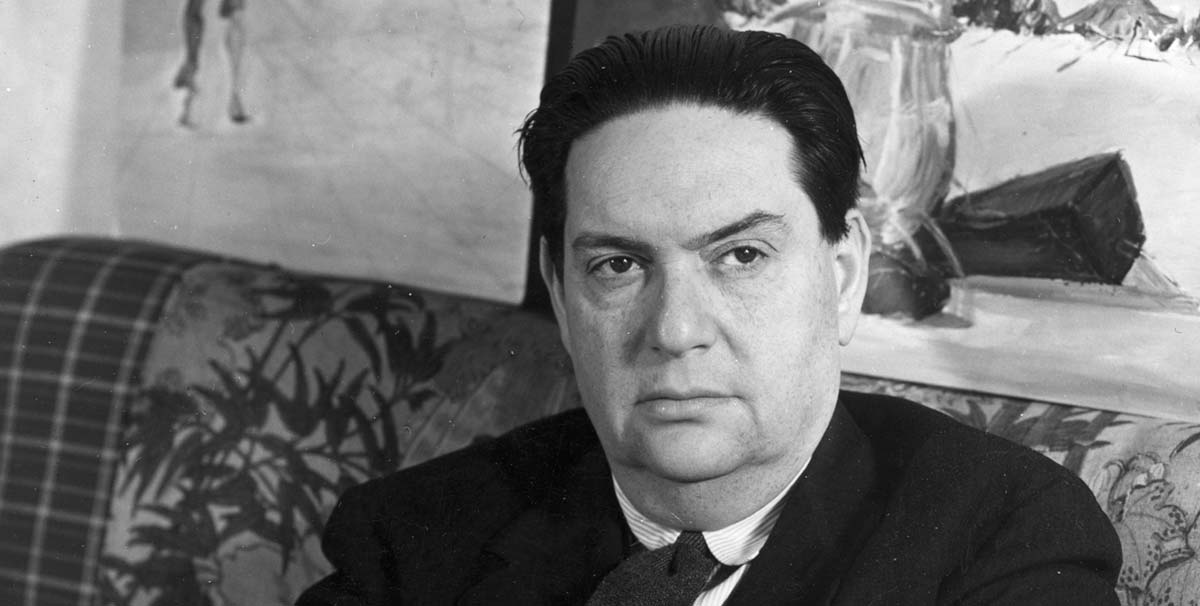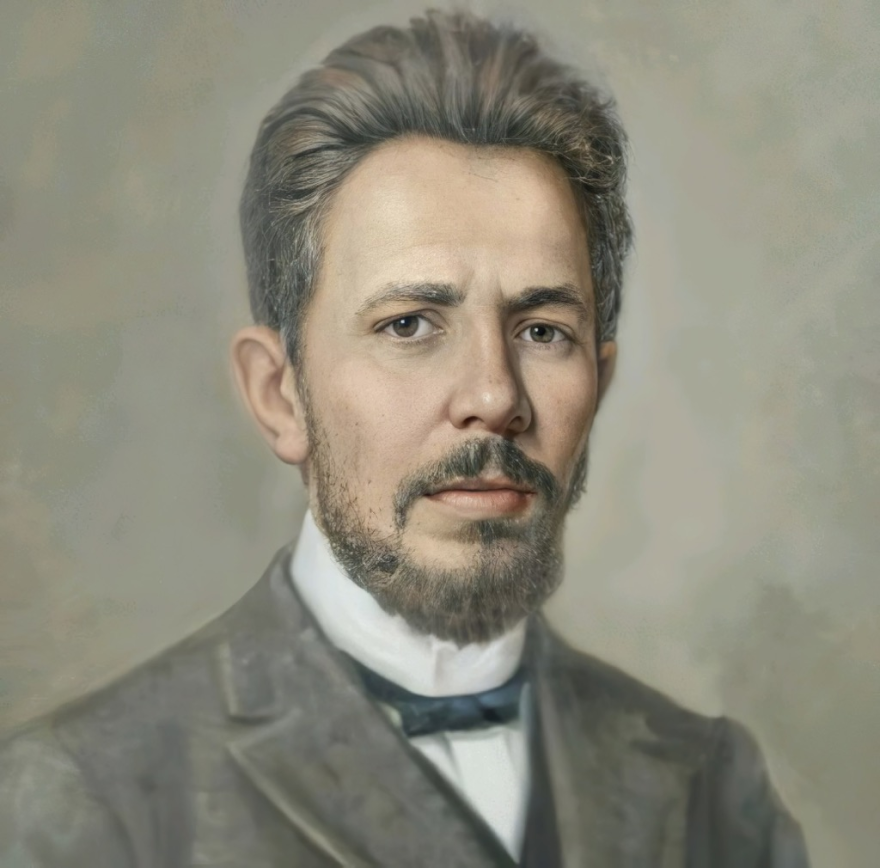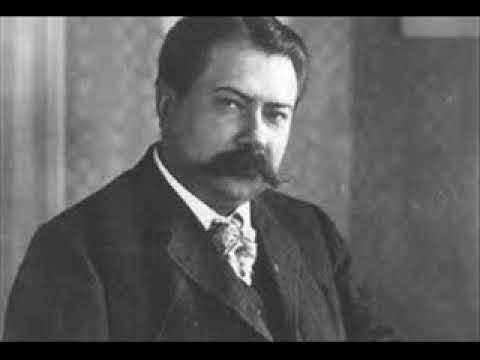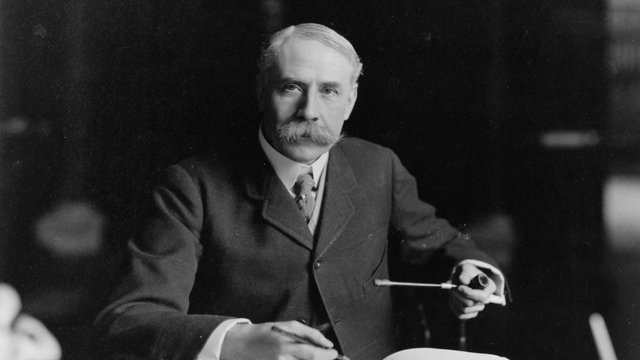Tomaso Albinoni was an Italian composer who left an indelible mark on the Baroque music landscape of the 17th and 18th centuries. Born on June 8, 1671, in Venice, Italy, Albinoni displayed an early affinity for music, nurtured by his father, a wealthy paper merchant. Although little is known about his formal musical education, Albinoni's natural talent and dedication led him to become one of the most celebrated composers of his time.
Albinoni's compositions span various genres, including opera, chamber music, and instrumental works, but he is best known for his prolific output of instrumental music, particularly his concertos and sonatas. His compositions often feature rich harmonies, expressive melodies, and intricate counterpoint, showcasing his mastery of the Baroque style.
Born on January 29, 1862, in Bradford, England, Frederick Delius embarked on a musical odyssey that would defy convention and establish him as one of the most distinctive voices in classical music. Delius was blessed with a rich upbringing, but his passion for music flourished during his travels across Europe and his encounters with diverse cultures.
Despite his father's wishes for him to join the family business, Delius pursued his musical aspirations. He traveled to Florida to manage an orange plantation but soon found himself immersed in the vibrant musical tapestry of the Deep South. Influenced by the melodies of African-American spirituals and the sounds of nature, Delius began to compose.
Erik Satie was a French composer and pianist known for his eccentric personality and groundbreaking contributions to classical music. Here are 10 intriguing facts about this enigmatic figure:
1- Early Musical Talent: Born on May 17, 1866, in Honfleur, France, Satie displayed musical talent at a young age. He began piano lessons at the age of six and quickly showed a knack for composition.
Charles Valentin Alkan was a remarkable figure in the world of classical music, revered for his virtuosity as a pianist and admired for his innovative compositions. Born on November 30, 1813, in Paris, France, Alkan displayed prodigious musical talent from an early age. His father, Alkan Morhange, recognized his son's potential and provided him with rigorous musical training.
Alkan's musical education began under the guidance of his father, himself a talented musician. Recognizing Charles's exceptional abilities, his father arranged for him to study piano with Joseph Zimmermann and composition with Charles-Henri Valentin Morhange, his older brother. Under their tutelage, Alkan's talent flourished, and he made his public debut as a pianist at the age of seven.
Darius Milhaud, a pioneering figure in 20th-century classical music, left an indelible mark on the world of composition with his innovative style and diverse influences. Here are 10 fascinating facts about this remarkable composer:
1 - Early Life: Darius Milhaud was born on September 4, 1892, in Aix-en-Provence, France. Growing up in a Jewish family, he was exposed to a rich cultural heritage that would later influence his compositions.
Vasily Kalinnikov stands as a luminary within the annals of Russian classical music, despite his life being tragically brief. Born on January 13, 1866, in the village of Voin, near Oryol, Russia, he displayed an innate musical talent from an early age. However, his path to recognition was riddled with challenges that mirrored the hardships of his era.
Raised in a peasant family, Kalinnikov's early years were marked by poverty and adversity. His first musical encounters were through folk songs and church hymns, echoing the rustic melodies of rural Russia. Despite lacking formal training, his natural aptitude for music led him to Moscow Conservatory in 1884, where he studied composition under the esteemed Nikolai Rimsky-Korsakov.
Tor Aulin was a prominent Swedish composer and violinist of the late 19th and early 20th centuries. While perhaps not as widely recognized as some of his contemporaries, such as Grieg or Sibelius, Aulin made significant contributions to the classical music scene. Here are 10 interesting facts about this accomplished musician:
1 - Early Prodigy: Tor Aulin was born on September 10, 1866, in Stockholm, Sweden. He showed prodigious musical talent from a young age, starting violin lessons at just five years old.
Edward Elgar, a towering figure in British classical music, left an indelible mark on the world of orchestral and choral compositions. Here are ten fascinating facts about this legendary composer:
1- Late Bloomer: Elgar's musical talent didn't manifest itself early in life. Born on June 2, 1857, in Worcestershire, England, he didn't receive formal music training until he was a teenager.
Edward Elgar, one of England's most celebrated composers, was born on June 2, 1857, in the village of Lower Broadheath, Worcestershire, England. Elgar's childhood was marked by modesty and musical immersion. His father, William Elgar, was a piano tuner and music shop owner, while his mother, Ann Greening, was a talented amateur musician. From an early age, Elgar showed a keen interest in music, often experimenting with various instruments and displaying a remarkable aptitude for composition.
Despite his musical passion, Elgar's formal education was limited. He received only a basic education at local schools, and his musical training was largely self-directed. He learned to play the violin, piano, and organ, honing his skills through diligent practice and study of the works of great composers.
